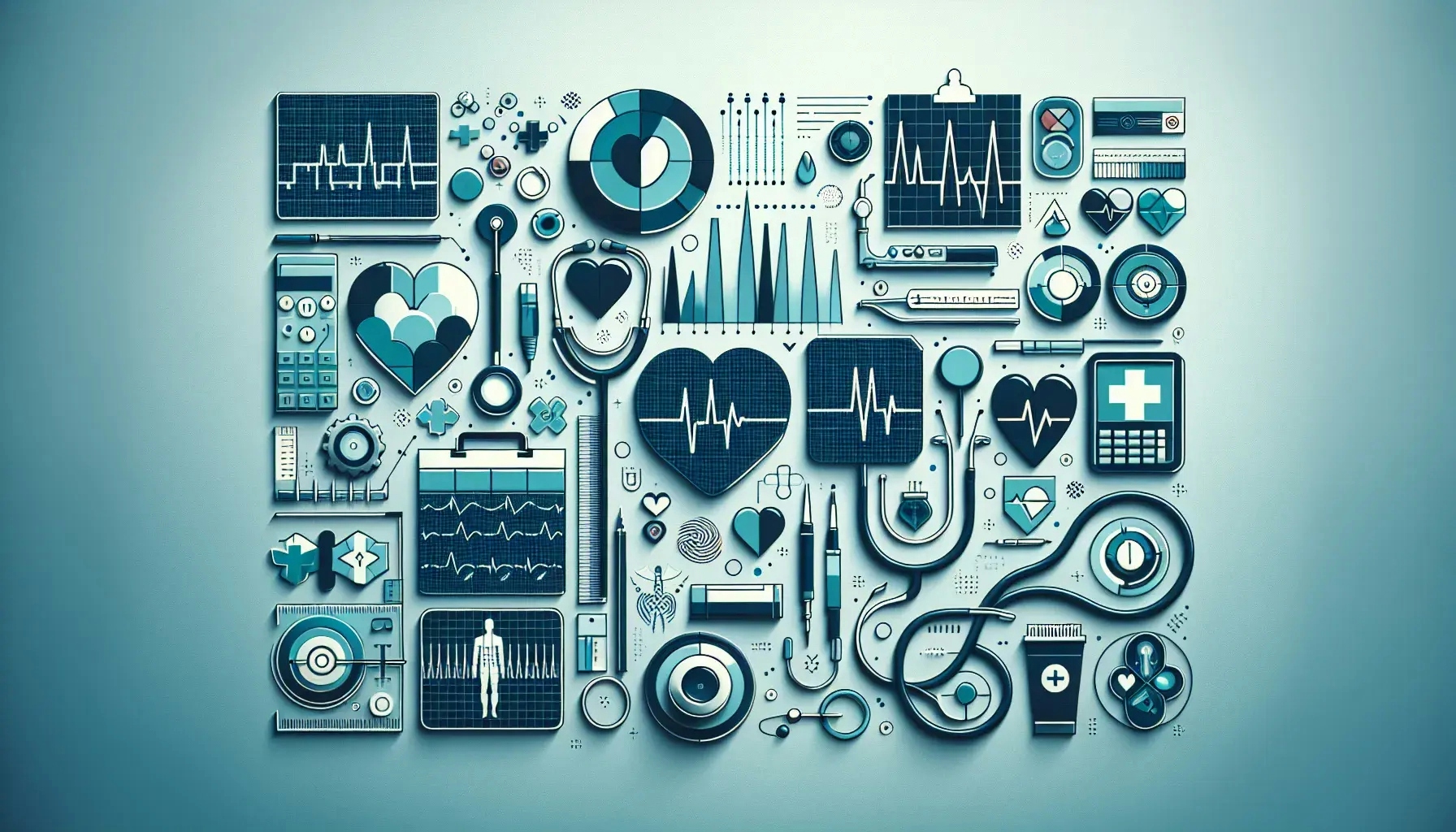In the dynamic world of healthcare, clinical physiology testing serves as a cornerstone. It's a field that combines science and medicine, providing insights into how our bodies function and react to different conditions. This blog post will delve into the myriad benefits of clinical physiology testing, from disease diagnosis to treatment planning, and even preventive care.
The Essence of Clinical Physiology Testing
Clinical physiology testing plays a pivotal role in modern healthcare. It involves a series of tests that examine different body systems, including the cardiovascular, respiratory, and nervous systems. These tests provide a wealth of information about the body's function, helping clinicians to diagnose diseases, plan treatments, and monitor patient progress.
Clinical physiology tests can range from simple procedures, such as measuring blood pressure, to more complex tests like electrocardiograms (ECGs) and sleep studies. The results of these tests can reveal abnormalities in body function that may indicate disease. For instance, an ECG can detect irregular heart rhythms, while a sleep study can identify sleep disorders such as sleep apnea.
The beauty of clinical physiology testing lies in its non-invasive nature. Most tests do not require any surgical procedures, making them less risky and more comfortable for patients. Moreover, these tests often provide immediate results, allowing for quick diagnosis and treatment.
Advantages in Disease Diagnosis and Treatment
One of the primary benefits of clinical physiology testing is its role in disease diagnosis and treatment. These tests can detect diseases early, often before symptoms appear. Early detection is crucial in many conditions, as it allows for prompt treatment and increases the chances of a successful outcome.
For example, a spirometry test, which measures lung function, can detect chronic obstructive pulmonary disease (COPD) in its early stages. Similarly, an ECG can identify heart disease before it leads to a heart attack. By catching these diseases early, clinical physiology tests can literally save lives.
In terms of treatment, clinical physiology tests can guide clinicians in choosing the most effective therapies. The tests can also monitor the progress of treatment, providing real-time feedback on whether a therapy is working or needs to be adjusted.
Role in Preventive Care
Clinical physiology testing is not only about diagnosing and treating diseases; it also plays a crucial role in preventive care. Regular testing can identify risk factors for diseases, allowing individuals to make lifestyle changes to prevent these conditions.
For instance, a stress test can identify risk factors for heart disease, such as high blood pressure and high cholesterol levels. Armed with this information, individuals can make lifestyle changes, such as adopting a healthier diet and regular exercise, to reduce their risk of heart disease.
Moreover, clinical physiology testing can monitor the effectiveness of preventive measures. For example, regular blood pressure checks can show whether lifestyle changes are helping to lower blood pressure.
Enhancing Patient Comfort and Safety
Another significant benefit of clinical physiology testing is its focus on patient comfort and safety. As mentioned earlier, most of these tests are non-invasive, meaning they do not require surgery or other procedures that could cause discomfort or risk to the patient.
Furthermore, many clinical physiology tests can be performed in outpatient settings, allowing patients to return home the same day. This not only enhances patient comfort but also reduces healthcare costs, as hospital stays are often expensive.
In terms of safety, clinical physiology tests are generally low-risk. While any medical procedure can have potential risks, the risks associated with clinical physiology tests are typically minimal. For example, the risk of complications from an ECG or a spirometry test is extremely low.
Contribution to Medical Research
Beyond patient care, clinical physiology testing also contributes significantly to medical research. Researchers use these tests to study diseases, understand their causes, and develop new treatments.
For instance, sleep studies have contributed to our understanding of sleep disorders and their impact on health. Similarly, ECGs have been instrumental in research on heart disease.
Moreover, clinical physiology tests can be used in clinical trials to evaluate the effectiveness of new treatments. For instance, lung function tests can measure the impact of a new drug on COPD patients.
Future Perspectives of Clinical Physiology Testing
The field of clinical physiology testing continues to evolve, with new tests and technologies emerging regularly. These advancements promise to enhance the accuracy of diagnosis, improve patient comfort, and contribute to our understanding of diseases.
For instance, wearable technology is increasingly being used in clinical physiology testing. These devices can monitor vital signs and other physiological parameters continuously, providing a wealth of data for clinicians and researchers.
Moreover, advances in artificial intelligence and machine learning are set to revolutionize clinical physiology testing. These technologies can analyze test results quickly and accurately, potentially identifying patterns and correlations that would be difficult for humans to detect.
Wrapping Up the Benefits of Clinical Physiology Testing
Clinical physiology testing is an invaluable tool in healthcare, offering numerous benefits from disease diagnosis and treatment to preventive care. Its non-invasive nature enhances patient comfort and safety, while its contribution to medical research helps to advance our understanding of diseases and develop new treatments. As technology continues to evolve, the future of clinical physiology testing looks promising, with potential for even greater accuracy and efficiency in patient care.

